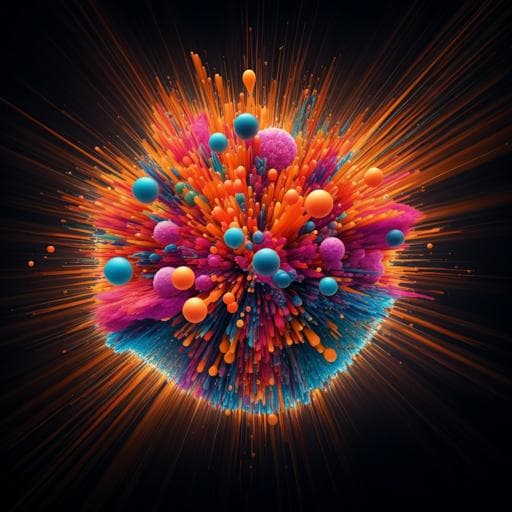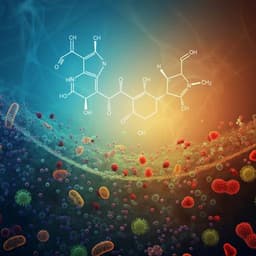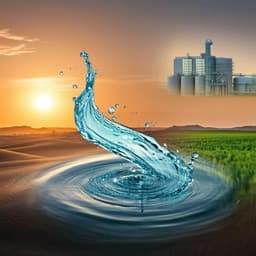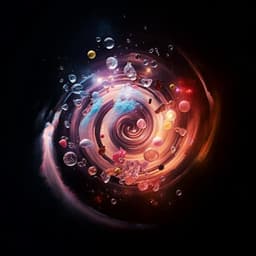
Chemistry
Effective screening of Coulomb repulsions in water accelerates reactions of like-charged compounds by orders of magnitude
A. Kowalski, K. Bielec, et al.
Discover how recent research by Adam Kowalski, Krzysztof Bielec, and their colleagues has revolutionized the understanding of reaction kinetics between like-charged compounds in water. Their groundbreaking work reveals that enhancing local concentrations through screening can amplify reaction rates by millions of times, pushing the boundaries of what we thought possible in chemical reactions.
Related Publications
Explore these studies to deepen your understanding of the subject.







